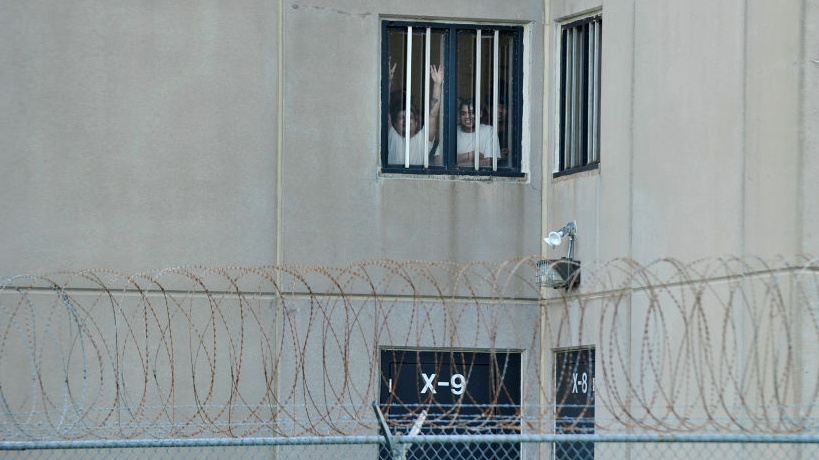The way the U.S. Immigration and Customs Enforcement, also known as ICE, provides medical treatment to those it detains has been a hot topic of debate over the past week.
A whistleblower last Monday said ICE detainees were routinely given hysterectomies without their consent and now the findings of an investigation by Congress have shown other problems with how medical care is handled by ICE, as Blavity previously reported.
BuzzFeed News obtained a soon-to-be-released report from the House Homeland Security Committee that chronicles their investigation of ICE detention centers in 2019.
In the 2020 fiscal year, 19 immigrants have died while being held in ICE facilities, representing the highest number of deaths since the 2006 fiscal year. But that is only one aspect of the medical damage being done to those held in ICE custody.
According to the report, ICE officials either ignored medical concerns altogether or provided lackluster care once notified of medical issues. Within ICE facilities, guards also routinely used segregation as a way to punish detainees for filing too many medical requests, BuzzFeed News reported.
Multiple people being held at facilities in Louisiana and New Mexico said they were segregated from other migrants for days after they went on hunger strikes.
"ICE needs to put the health of its migrants in its care first by enforcing its own standards of care and only sending taxpayer money to facilities that meet these standards," said Bennie Thompson, chair of the House Homeland Security Committee, in a statement to BuzzFeed News.
"The COVID-19 pandemic, and its quick spread within ICE facilities, has further highlighted how failures to meet these standards of care are a matter of life and death for migrants and employees," Thompson added.
The report features interviews with detainees and detailed findings from inspections as well as tours of eight different ICE facilities.
It found that ICE officials routinely ignored calls for medical treatment and often were slow to help those with chronic illnesses like tuberculosis, diabetes and epilepsy.
Even when there were outbreaks of illness, like chickenpox and mumps, little was done to protect detainees' health. In some facilities, the wait for medical care could reach up to 17 days, according to the report.
The congressional study also found that ICE facilities have a patchwork of different ways they provide medical care to detainees. Some have in-facility medical staffs while others are forced to send detainees out to doctors outside of the detention center.
The report includes harrowing stories of individual detainees who endured severe medical distress without being helped, like one person in a Louisiana detention center who went into anaphylactic shock four times in four months because of a peanut allergy that was not diagnosed.
Some immigrants said medical officials ridiculed their requests for help while others had guards outright ignore them for days. Often they were given basic pain relievers for serious issues, and one detainee in California told the researchers that they waited for more than a month for medical assistance.
There was even someone who told the report's writers that ICE officials mishandled suicide attempts as well.
"The committee encountered several staff working at detention facilities that diminished the seriousness of suicide attempts as well as evidence of detainee medical issues going untreated," the report stated.
